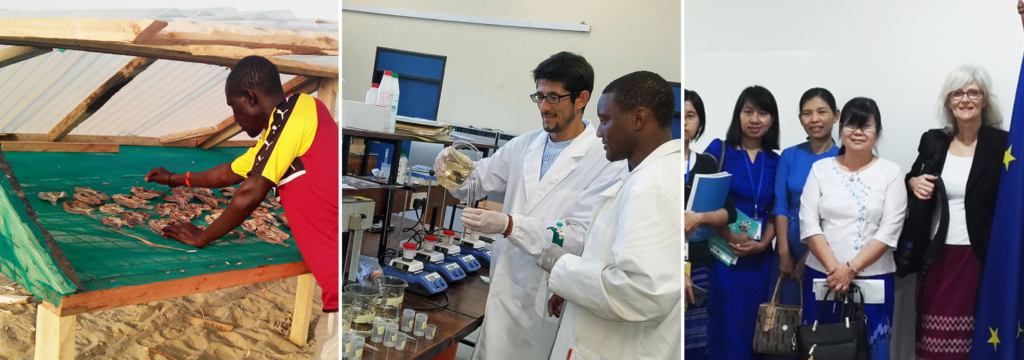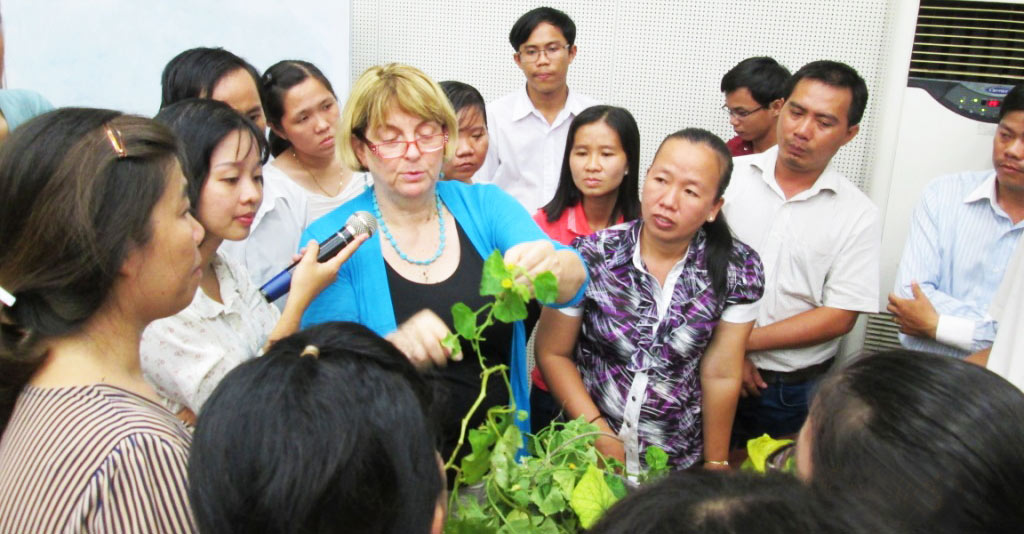TWAS North South Collaboration in Sustainability

The collaboration between The World Academy of Sciences (TWAS) and the Elsevier Foundation was spurred by a number of key launches: the UN 2030 Agenda, the UN Sustainable Development Goals and the 2015 Sustainability Science in the Global Research Landscape report from Elsevier and SciDev.net. We know that sustainability science is growing very rapidly, but so is the North-South research divide in these fields.
The TWAS North-South Sustainability Collaboration aims to boost the 2% of sustainability research currently contributed in low income countries by engaging scientists in solutions that work best for their societies. The Partnership aims to strengthen TWAS’ activities in climate change, renewable and clean energy, quality education, sustainable agriculture, food security, green chemistry, environmental degradation and pollution, biodiversity loss, and gender equality.
The Partnership aims to strengthen TWAS’ activities in climate change, renewable and clean energy, quality education, sustainable agriculture, food security, green chemistry, environmental degradation and pollution, biodiversity loss, and gender equality. The partnership includes Ph.D. Travel Grants, a Sustainability Case Studies Competition and a Sustainability Visiting Experts program.
Our goals
• Sustainability Visiting Experts grants supports professionals to spend up to a month in a host institution sharing their knowledge in sustainability fields.
• Travel grants for TWAS’ South-South Doctoral and Post-Doctoral Fellowships in sustainability in centers of excellence in emerging economies; travel grants are given to researchers whose PhD or postdoc falls under the umbrella of sustainability science.
• A Sustainability Case Studies Competition was held among OWSD and TWAS postgraduate students to select the best case studies that address major global challenges.
• Sustainability Symposium has been embedded in the TWAS General Meeting which brings together distinguished and early career scientists from developing and emerging countries.

Learn more about the program
- On the TWAS website:
- On Elsevier Connect:
- “Visiting Experts conducts sustainability research in developing countries”, Augaly Kiedi, 9 January 2018
- “Contest aims to boost innovation in sustainability research”, Domiziana Francescon, 30 June 2017
- “Bridging the North-South divide in sustainability”, Ylann Schemm, 04 January 2016
- “Sustainability experts receive travel grants to provide training in developing countries“, Domiziana Francescon, 15 December 2016
- On Asian Scientist




















